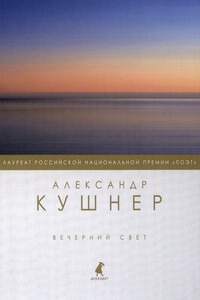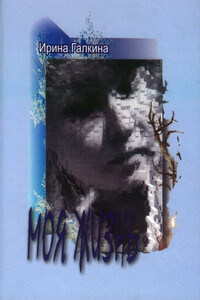A moongate in my wall: собрание стихотворений | страница 11
His review, however, expressed his contentious view of "women poets." On the one hand, he characterized Golubaia trava as "a collection of pure, good poetic quality, written by a woman-poet (zhenshchina-poet \." For him, many poems exhibit the style of "a poet, not a poetess" (poet, a ne poetessa) and in them "Pegasus takes flight, and the spirit touches the outlines of the beyond. I…) In spite of its purely feminine emotionality, Golubaia trava is an excellent book." On the other hand, he stated: "M. Vezey dedicates her third book to her husband, and this places her among the followers of Akhmatova. (…) As a poetess (poetessa J, M. Vezey is very strong, but for me personally, poetry begins at the place where the poetess ends and the poet begins. Mary Vezey has quite a few poems which are already free from emotionality which is hard to overcome, and one is extremely pleased by the poems where she speaks simply as a person, and not as a woman."[32] This chauvinistic prejudice and confusion of issues are reflected in Pereleshin's poem "Nochnie proletaiut poezda" (Night trains rush on), dedicated to Mary Vezey, where Pereleshin speaks of her "sadness with its enormous eyes," her barely audible voice, almost a whisper, and her "impersonal," "asexual" signature "M. Vezey."[33] Her surname, indeed, does not indicate gender in the way many Russian surnames do, but what he failed to understand was that this signature, instead of "Mary Vezey," meant that to a true poet gender did not matter.
In the 1970s and 1980s, Mary Vezey continued to write and translate in Russian and in English. In the summer of 1985, Mary Vezey and Valerii Pereleshin began working on an anthology of Russian poetry of China, tentatively entitled "U dobrogo drakona" (In the Home of a Kind Dragon).



